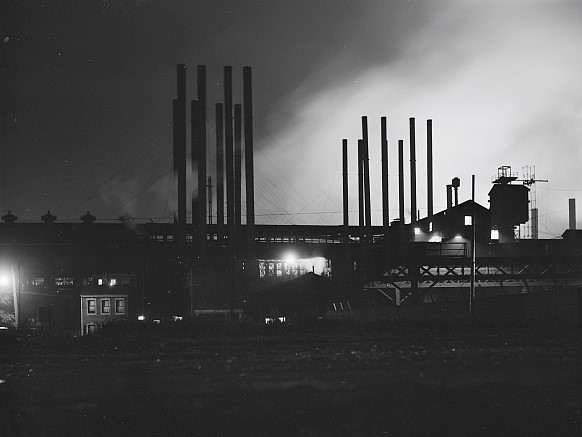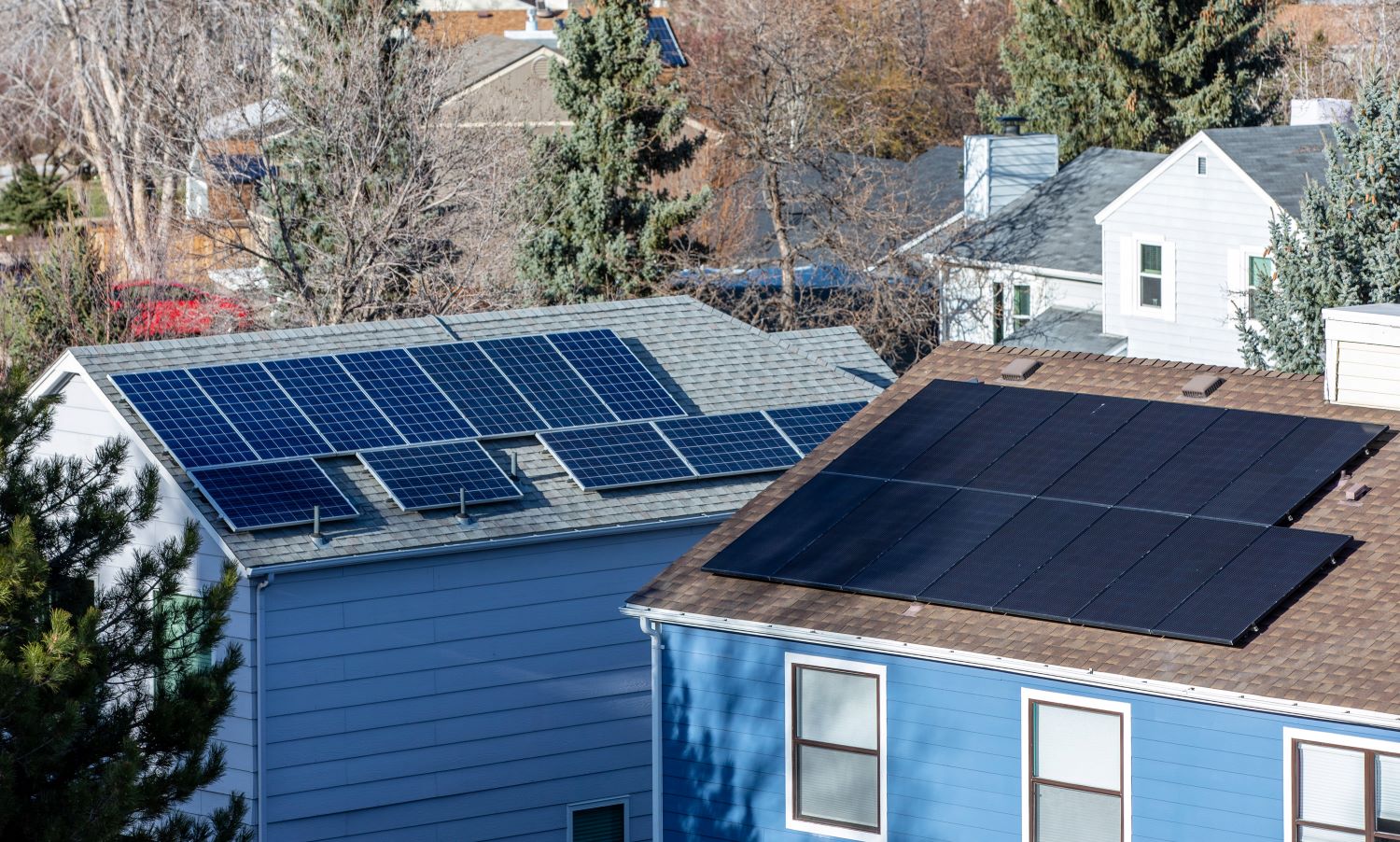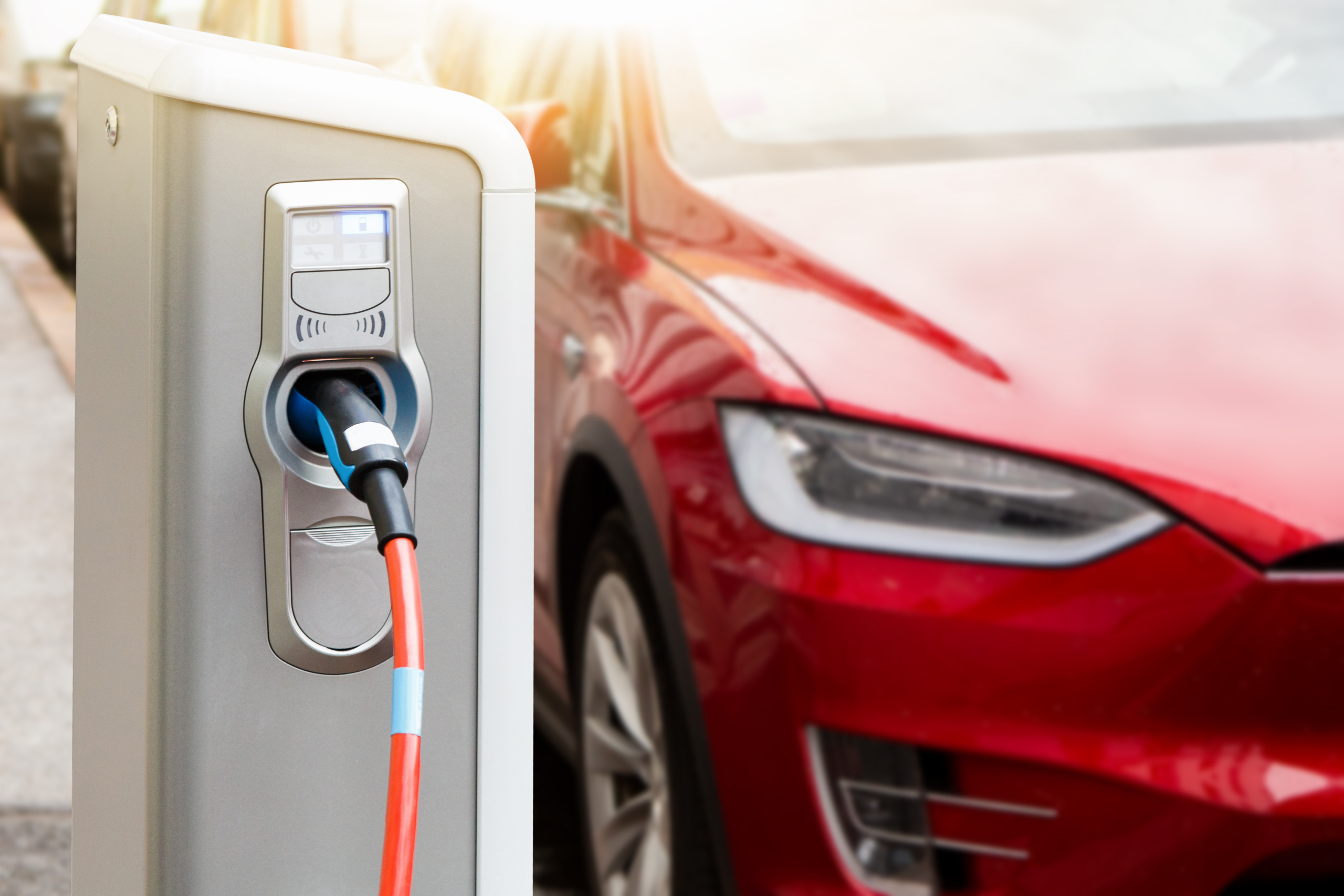
Ending Our Reliance on Natural Gas Needs to Start Now
Fracking has caused extensive environmental and public health damage. The solution is to end fracking, move away from dirty fuels, and instead prepare for a future that uses cleaner sources of energy. Several recent news items about growing investments in natural gas infrastructure have reminded me of the urgency of committing to a cleaner path—because the more we invest in natural gas-related infrastructure, the harder it will be to end fracking and other destructive methods of obtaining natural gas.
Fracking has caused extensive environmental and public health damage, as documented in several Frontier Group reports (here and here). Fracking for gas and oil pollutes our drinking water and our air, tears up landscapes, and adds to global warming pollution. The global warming consequences of fracking are particularly concerning: recent measurements by NOAA scientists suggest that emissions from fracking are much higher than previously estimated. The costs of this damage are immense—in terms of harm to the environment, on health, and to public infrastructure and communities—yet oil and gas companies pay for little of this. Taxpayers, communities and families typically shoulder these costs.
The solution is to end fracking, reduce our dependence on dirty fuels, and instead prepare for a future that uses cleaner sources of energy. Several recent news items about growing investments in natural gas infrastructure have reminded me of the urgency of committing to a cleaner path—because the more we invest in natural gas-related infrastructure, the harder it will be to end fracking and other destructive methods of obtaining natural gas.
Navigant Research recently estimated that the world will have 30,000 fueling stations for natural gas by 2020, up from roughly 22,000 today. The U.S. currently has 596 publicly accessible compressed natural gas fueling stations, with many additional private stations operated by companies for their vehicle fleets or located at homes, enabling individual vehicle owners to refuel at home. This predicted increase in new natural gas fueling stations will make it harder to transition to cleaner fuels because doing so will require abandoning this recent investment.
Another form of investment in natural gas comes with Ford’s announcement that it will begin selling a natural gas-powered version of its popular F-150 pickup. More natural gas vehicles will increase demand for natural gas fueling stations. And with more fueling stations, the appeal of driving a natural gas vehicle will increase. This is the opposite of a virtuous cycle. As public and private investment in natural gas-dependent vehicles and infrastructure rises, shifting away from fracking and polluting fuels to cleaner options will be harder.
Even if we decide to ban fracking because of its impacts on drinking water, habitat and air quality, we might be tempted to continue to use natural gas from other sources if we already have extensive investments in natural gas vehicles and infrastructure. One such alternative source of gas might be deep under the ocean. Though it is hard to believe, obtaining this gas might require an even more damaging practice than fracking—especially in terms of global warming impacts. Methane hydrates, or “fire ice,” on the ocean floor can be collected through processes that are now being tested by researchers and oil and gas companies (see this summary). However, doing so presents a risk of releasing huge amounts of methane, which has 25 times the global warming power of carbon dioxide. Switching from fracking to methane hydrate extraction will be no improvement for our planet.
We need to end fracking and we need to cease making investments in natural gas infrastructure and equipment that might push us toward another equally destructive practice.
Topics
Authors
Elizabeth Ridlington
Associate Director and Senior Policy Analyst, Frontier Group
Elizabeth Ridlington is associate director and senior policy analyst with Frontier Group. She focuses primarily on global warming, toxics, health care and clean vehicles, and has written dozens of reports on these and other subjects. Elizabeth graduated with honors from Harvard with a degree in government. She joined Frontier Group in 2002. She lives in Northern California with her son.
Find Out More

Beyond the politics of nostalgia: What the fall of the steel industry can tell us about the future of America

Let us now praise rooftop solar: A tale from New England

Automakers could have learned to build EVs. They paid Tesla to do it instead.

